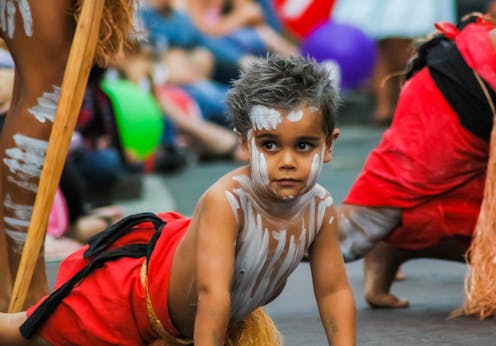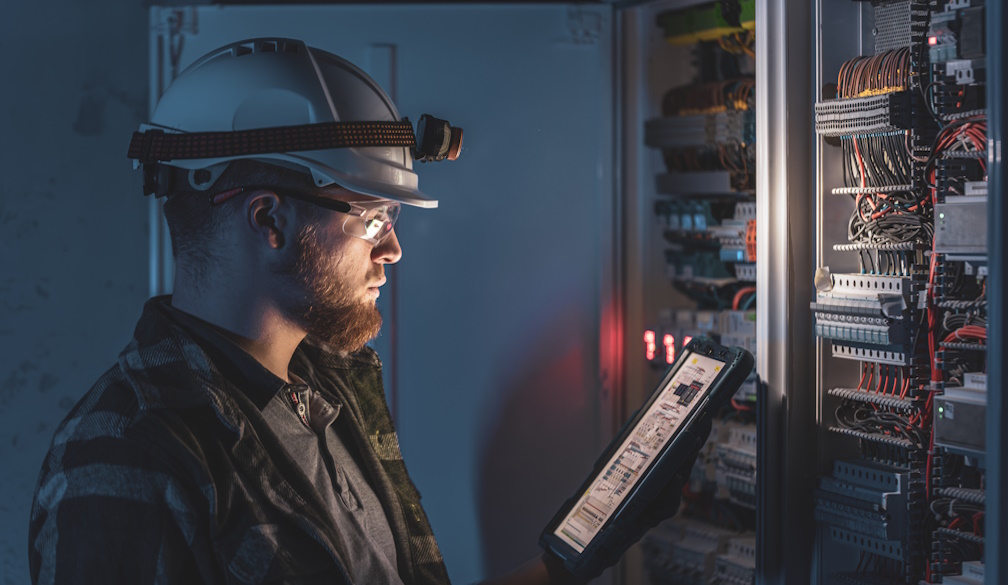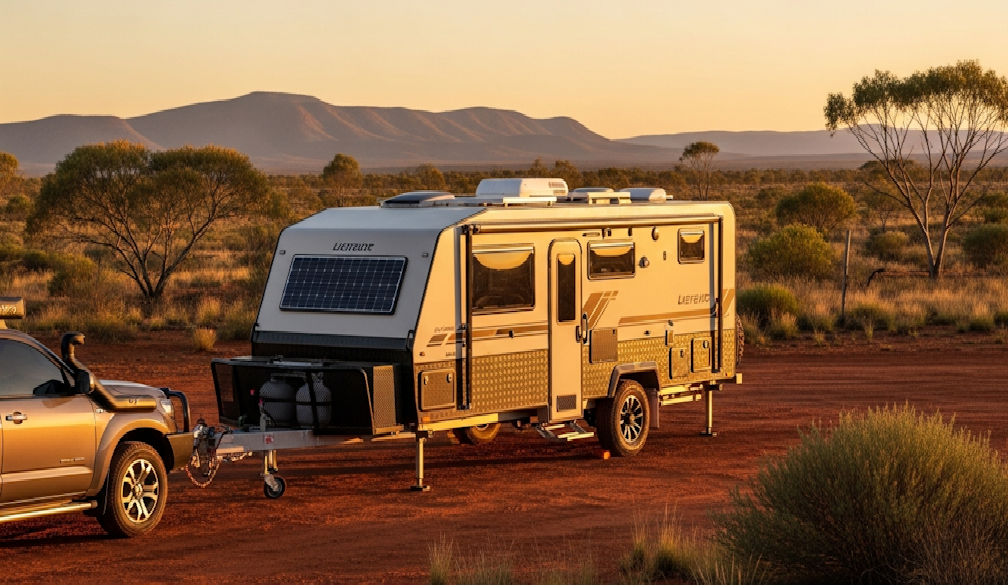How can we have truth-telling without the Voice? Our research shows a way forward
- Written by Heidi Norman, Professor, Faculty of Arts, Design and Architecture, Convenor: Indigenous Land & Justice Research Group, UNSW Sydney

The Uluru Statement from the Heart set out the aspirations of Aboriginal and Torres Strait Islander peoples for “Voice, Treaty, Truth”, in that order, to reconfigure the relationship between First Peoples and the Australian nation. The defeat of the Voice referendum revealed significant gaps in understanding the past and how this continues to impact the present.
The referendum outcome also revealed lack of understanding of the workings of the Australian Constitution. Constitutional law expert Anne Twomey describes[1] this as a “spiral of loss”, where unfamiliarity with the mechanisms of constitutional change, alongside growing wariness among Australian voters about supporting amendments, makes politicians reluctant to expend political capital on “futile” constitutional reform.
So where to now for the Uluru Statement from the Heart reform agenda? Allies of the “yes” campaign report[2] still feeling the hurt of the referendum defeat but a renewed sense of determination to continue the fight for change.
Despite years of labour to restore a more balanced national history, truth-telling as a much-needed step in the path to recognition and reconciliation seems more vital than ever.
Our recent research[3] explored attitudes towards, barriers to and enablers of truth-telling in Australia. Our findings highlighted that while truth-telling is an everyday activity for many First Nations people, non-Indigenous Australians are unsure about what their role in truth-telling might be.
The 2022 Australian Reconciliation Barometer[4] identified that only 6% of non-Indigenous respondents had participated in a local truth-telling activity in the previous 12 months. This compared with 43% of First Nations respondents.
This indicates a gap between First Nations people’s call for truth-telling as an essential aspect of resetting the future relationship between them and non-Indigenous Australians, and non-Indigenous people’s knowledge about and interest in participating in truth-telling. It might also indicate a lack of opportunity to participate in truth-telling activities.
Read more: 'Why didn't we know?' is no excuse. Non-Indigenous Australians must listen to the difficult historical truths told by First Nations people[5]
Truth-telling
In our study, truth-telling was broadly defined as activities or processes that seek to recognise or engage with a fuller account of Australia’s history and its ongoing legacy for Aboriginal and Torres Strait Islander peoples.
Three dominant understandings of truth-telling emerged from our research. We added a fourth category to this, capturing our research findings about the “how to” of truth-telling.
1. Truth-telling to achieve justice for First Nations people
This approach to truth-telling is usually undertaken on a larger scale. It is informed by human rights frameworks and aims to address systemic injustice at an institutional level. Examples include the South African Truth and Reconciliation Commission[6], the Bringing Them Home Report[7] and the Yoorrook Justice Commission[8].
2. Truth-telling to promote reconciliation and healing
This form of truth-telling is most likely to occur at the local and community level, based on the understanding that relationships and dialogue can bring about change. It is also less likely to be tied to formal outcomes or reparations. Examples of this might include the work of the Healing Foundation, memorials, remembrance and reconciliation events.
3. Truth-telling to challenge and change historical understanding
This approach holds that greater understanding of the past will assist in coming to terms with its legacies and what that means to live in Australia today. While much of the work to restore Aboriginal and Torres Strait Islander worlds omitted from the national story has been undertaken, First Nations histories extend beyond the 200-plus years of colonisation to many thousands of generations. They draw on a wide array of evidence to tell a richer story.
While acknowledging the interconnections between these categories, we believe this framework is useful to think about the wide range of initiatives and events taking place in Australia under the umbrella of “truth-telling”. It also helps to distinguish what cannot meaningfully be described as truth-telling.
4. Truth-telling practice
We see this as a vital step where more work is needed. The strong consensus emerging from our research participants was that Aboriginal and Torres Strait Islander people and communities must lead truth-telling in Australia. It should engage with First Nations perspectives; recognise the ongoing impacts of the past on First Nations people’s lives today; be ongoing, not a “one-off” event; and aim to achieve change, whether at an attitudinal, institutional or structural level.
Benefits of truth-telling
Both First Nations and non-Indigenous people agreed the main benefit that would emerge from truth-telling would be the development of a shared understanding of Australian history. Another is hope that truth-telling would deliver healing for Aboriginal and Torres Strait Islander peoples, and the potential of truth-telling to help improve relations between First Nations and non-Indigenous peoples.
All respondents agreed truth-telling should involve First Nations people’s perspectives on the past. A large majority agreed truth-telling should recognise the diversity of First Nations peoples.
Aboriginal and Torres Strait Islander people were highly committed to truth-telling. However, they were less likely than non-Indigenous people to agree that truth-telling might lead to justice for First Nations peoples.
First Nations respondents identified a range of motivations for participating in truth-telling, beyond the education of non-Indigenous people. Aboriginal and Torres Strait Islander people were more interested in truth-telling about their local community (87%) than non-Indigenous people (67%) and much more likely to be motivated to participate in truth-telling to share their own personal or family history or perspective (89% of First Nations respondents, compared to only 25% of non-Indigenous respondents).
Barriers to truth-telling
For First Nations people, the impact of trauma and the need for cultural safety in truth-telling were significant concerns. First Nations people were much more likely to express concerns that truth-telling might emphasise divisions and differences between First Nations and non-Indigenous Australians. They were also concerned that participants in truth-telling might question or challenge the accuracy of the perspectives being shared.
Although self-identifying as highly aware of and engaged with Aboriginal and Torres Strait Islander history and truth-telling, non-Indigenous people in our study still indicated significant uncertainty about how to participate in truth-telling. Over half of non-Indigenous respondents indicated this would either be a barrier to their participation (38%) or they were neutral or unsure (26%) about whether it might be. In contrast, only 12% of Aboriginal and Torres Strait Islander respondents said a lack of knowledge about how to get involved might prevent their participation in truth-telling.
There was a degree of uncertainty among non-Indigenous people about what truth-telling involves. Others identified a lack of opportunity to participate in truth-telling.
These findings highlight that community-based truth-telling initiatives will need to include public education about what truth-telling encompasses, as well as practical information about where, when and how it will take place.
Read more: First Nations people have made a plea for 'truth-telling'. By reckoning with its past, Australia can finally help improve our future[9]
Contested truths
Of course, truth-telling is not a universal panacea. As historian Mark McKenna commented[10] in the wake of the Voice referendum, “telling the truth is one thing, hearing the truth and taking it in is something else entirely”.
Our research highlights the need for Australians to do more to enable meaningful participation in truth-telling. To be effective, truth-telling processes must be realistic about its benefits and limits, and recognise the diversity among and between First Nations and non-Indigenous participants. It must also acknowledge systemic disadvantages experienced by Aboriginal and Torres Strait Islander people, address cultural safety concerns and provide clear protocols for participants.
Finally, it should build truth-telling and truth-listening capacity among both Indigenous and non-Indigenous participants, recognising that truth-telling may involve difficult emotions and the potential for conflict. Strategies must be in place to manage these issues and, perhaps most importantly, maintain hope for a better future.
References
- ^ describes (verfassungsblog.de)
- ^ report (ulurustatement.org)
- ^ recent research (www.reconciliation.org.au)
- ^ Australian Reconciliation Barometer (www.reconciliation.org.au)
- ^ 'Why didn't we know?' is no excuse. Non-Indigenous Australians must listen to the difficult historical truths told by First Nations people (theconversation.com)
- ^ South African Truth and Reconciliation Commission (www.justice.gov.za)
- ^ Bringing Them Home Report (humanrights.gov.au)
- ^ Yoorrook Justice Commission (yoorrookjusticecommission.org.au)
- ^ First Nations people have made a plea for 'truth-telling'. By reckoning with its past, Australia can finally help improve our future (theconversation.com)
- ^ commented (www.theguardian.com)













